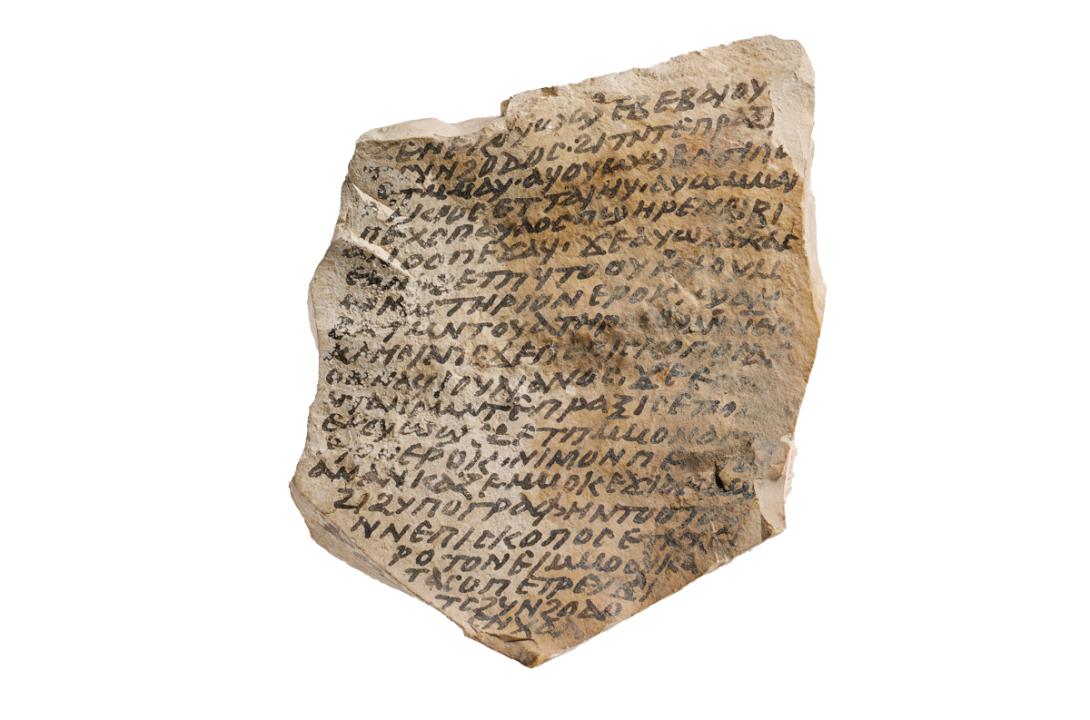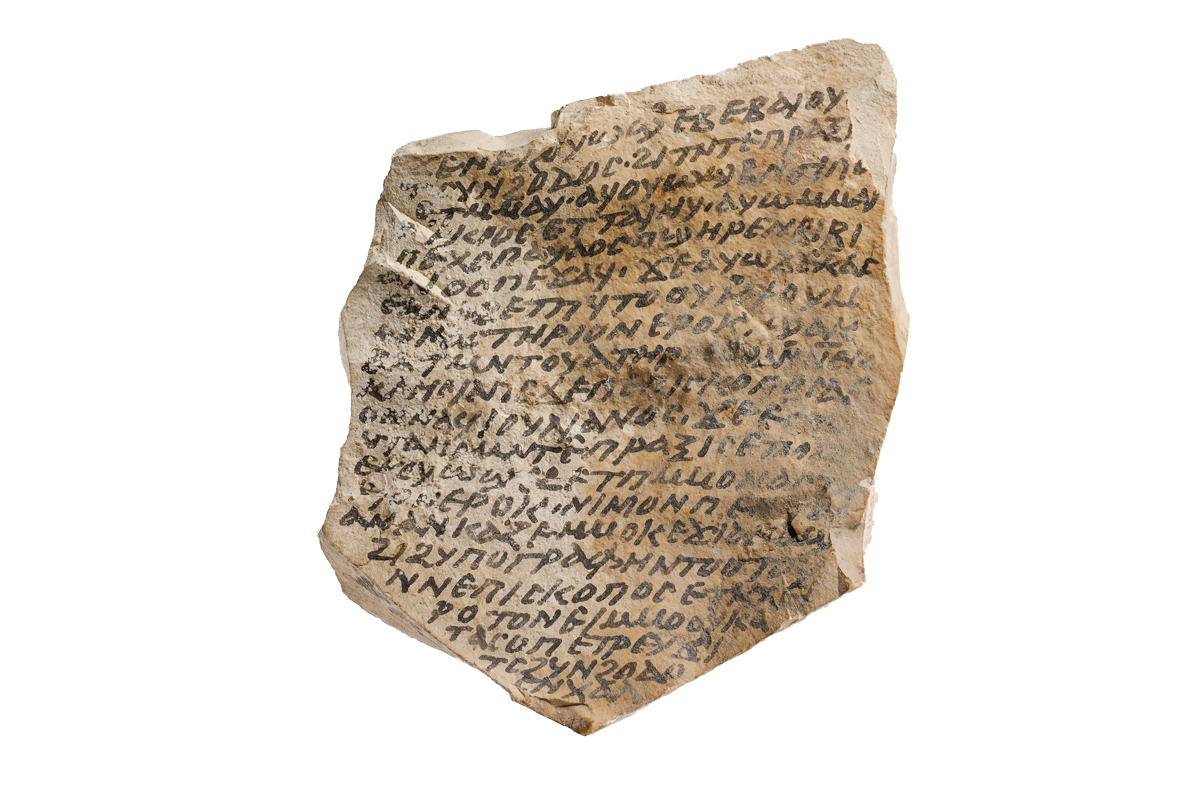
Finally, some good news from Oxford. The university has recently been through a gloomy patch. It slipped from the top three in UK rankings for the first time since records began. The Oxford Union president-elect, George Abaraonye, also shamed the institution by gloating over the murder of Charlie Kirk.
However, the university’s classicists are bringing light into the darkness. Dons at four colleges – Jesus, Harris Manchester, Brasenose and Queen’s – are engaged in an extraordinary initiative that is widening access to the subject, improving standards and bringing back a Renaissance spirit to the study of ancient languages. In short, they have started to teach their students to speak Latin and Ancient Greek.
This idea may seem eccentric. Scholars centuries ago – Erasmus, Elizabeth I – might have chattered in Ancient Greek and Latin. But surely that couldn’t happen now? Many of us have spent years at school sweating over verb tables and hunting through Cicero
and Caesar in a desperate search for the main verb. Could these dead and intractable languages really be spoken today as fluently as English?
In Oxford, they now are. Some dons are teaching in Latin and Greek, and students are writing essays, chatting and texting in the languages of Virgil and Plato.
Dr Melinda Letts is one of the dons who introduced this ‘Active Method’ of teaching Latin and Greek as a pilot scheme originally at Jesus and Harris Manchester. She wanted to start trialling it when she saw that many students struggled to read their Latin texts. This bothered her partly because the traditional method of learning grammar tables and decoding the texts did not seem to work well in practical terms as exam preparation. It also took away from the aesthetic appreciation of the ancient authors.
‘If you have to plough through Virgil, Ovid, Catullus at a snail’s pace, laboriously searching for subject-verb-object, you have little chance of experiencing the poetry and are unlikely to enjoy the process very much,’ she says.
‘From the very first lesson, students are actively using the language, rather than experiencing it passively’
Nevertheless, using spoken Latin does not mean abandoning grammatical rigour. ‘The Active Method means teaching grammar and reading skills by speaking the languages during classes. This means that, from the very first lesson, students are actively using the language rather than experiencing it passively. Having encountered the grammar in action, they then consolidate their learning in homework.
Trials on the new method with classics students at Jesus have seen dramatic improvements in exam results. This year, one Jesus finalist, Ed Launders-Grieve, the first student in the university to have been taught both Latin and Greek from scratch by the Active Method, not only took a double first but was also awarded the Gibbs Prize for the best finals result among students who came to Oxford knowing neither language.
‘It is one thing to crawl through line by line, parsing until something emerges vaguely adjacent to the English edition; but it is another to be able to approach this as literature, just as one can (and should) with any other language,’ says Launders-Grieve. ‘And it is being able to approach Latin and Greek as languages – and not a litany of grammatical rules and laws – which allows you to approach their texts as real expressions of a real culture written by real people. Ultimately, the classical corpus of literature is just that: a body to be read and appreciated, not just translated.’
For Dr Letts, the Active Method is ‘by far the quickest and most effective method’ for teaching adult beginners and the ever-growing number of undergraduates who start the languages from scratch. This has a political implication. Some people, she says, worry about the classics being appropriated by the religious right. The Active Method has a vital role to play in letting students think about the classics independently and ‘extending access to the ancient languages to young people from all backgrounds… rather than condemning classics to a future in which everyone ends up dependent on translations made by a small group of people with one political agenda’.
A similar spirit animates Ralston College, a private university founded five years ago in Savannah, Georgia, which has made spoken Ancient Greek a fundamental part of its teaching. According to Dr David Butterfield, who resigned his permanent post in classics at Cambridge and is now provost of Ralston, the college was founded on the conviction that in Britain ‘higher education in the humanities was failing, and in the US it had effectively failed’.
Spoken Ancient Greek is a fundamental part of Ralston’s attempt to correct that failure. ‘We believe that the greatest works and ideas of the western tradition are best understood without mediation,’ says Dr Butterfield. ‘These works must be approached as much on their own terms as possible, and the best means of doing that is to read the first texts of that tradition not in translation but in Greek. Our students learn to speak Greek, so they not only read these texts directly but discuss them in their very language. This gives an immediacy and intimacy of understanding that the vernacular simply cannot provide.’
Are we going to see the spread of spoken Latin and Ancient Greek into schools and other universities? As Dr Butterfield says, although it is the most efficient and effective way of learning the languages, there is a striking shortage of those with sufficient linguistic and teaching skills to make it happen. There is also a profound reluctance to challenge deep-rooted classroom habits. ‘It’s a cult!’ insists one independent school classics teacher with whom I discussed spoken Latin. Yet the work of Oxford and Ralston shows that if schools and universities have the courage to rethink the way they teach, many more modern students could again enjoy and find deep meaning in the great classical authors with the ease of Erasmus or Elizabeth I.








Comments